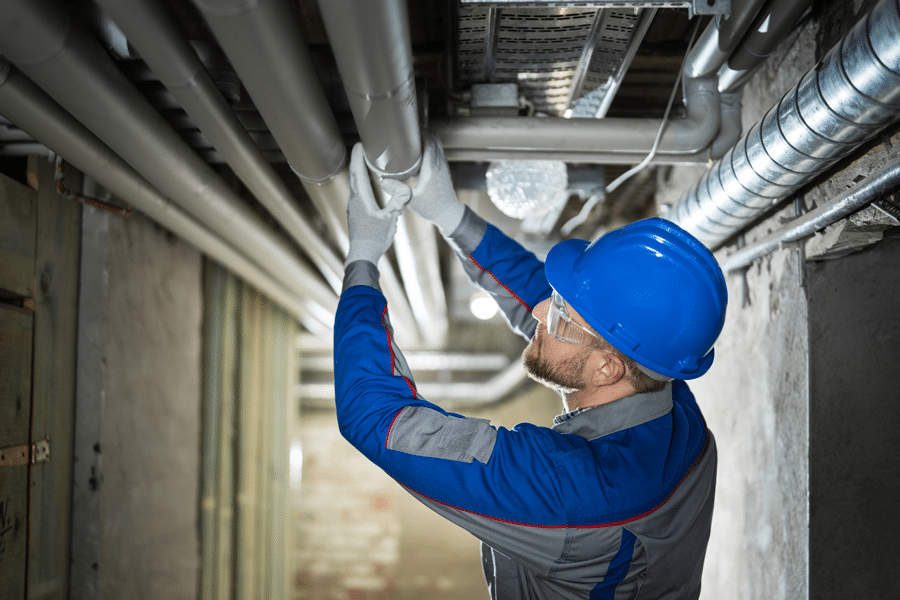You want to know the difference between commercial and residential plumbing? Well, there are several differences that you should know of before you can choose what system you want to use in your home or business.
1) Maintenance
Commercial properties present unique challenges because their facilities are used 24 hours a day, seven days a week. Commercial residential plumbing systems need to be durable, reliable, and able to withstand constant use by multiple people. This can make them more complicated to maintain than residential systems that aren’t being used as often.
2) Sizing
Commercial plumbing fixtures are usually more than three times as powerful as residential units, so they can handle high flow rates without issue. They’re also larger, which means fewer fixtures are needed to service a building, saving you time and money. This is especially important for restroom facilities; one bathroom for five hundred people is far easier to manage than one bathroom for fifty people.
Additionally, commercial pipes are often made from galvanized steel or other thick metals that can withstand corrosive chemicals found in many commercial buildings.
3) Permits
To construct a commercial or residential building, you must obtain a permit. Many residential permits are obtained at City Hall. Commercial building permits are handled by your local building department.
4) Location
Another difference between commercial and residential plumbing is where each is installed. As their names suggest, commercial systems are for larger buildings, such as offices or schools, while residential systems are for smaller buildings, like private homes. Commercial plumbing focuses on efficient use of space. Because it needs to serve multiple people at a time, it’s likely to be modular; many different pieces can be put together in order to make one system that meets all of its needs.
5) Materials
The materials used in commercial residential plumbing fixtures are a little different than those used in residential. The following is a list of different materials: Materials like CPVC, ABS, PVC, Stainless Steel, Brass and Copper can be found in commercial residential plumbing fixtures; however, you would not find these same types of materials being used for such things as your kitchen sink or bathroom fixture at home.
6) Codes and Standards
One important difference between commercial and residential plumbing is that commercial work must comply with local codes. The International Plumbing Code, which is typically enforced at a city or county level, outlines specific guidelines for installing commercial fixtures such as sinks, urinals, bathtubs, and toilets.
There may also be separate standards for water conservation in place at your location. For example, many California cities have developed a plan to conserve water by limiting flushing time to 1.6 gallons per flush.
7) Insurance
Although both commercial and residential plumbing share some similarities, there are several important differences to keep in mind. The biggest? A single call to a plumber can result in thousands of dollars’ worth of charges. That’s why it’s important to have insurance that covers everything from drains clogged by grease to damages caused by burst pipes.
In addition, if you use contractors for any work on your home or business plumbing systems, you should also make sure that your insurance company offers liability coverage as well.
8) Specialties
Both commercial and residential plumbing are necessary for a building to have working fixtures. However, there are some distinct differences. While commercial plumbers focus on large scale operations that may involve public facilities such as restaurants, retail stores, schools or hospitals, residential plumbers work primarily in private homes.
In addition to their specialties with pipes of different sizes and materials, commercial plumbers also have specific certification requirements depending on their state and city’s laws.

